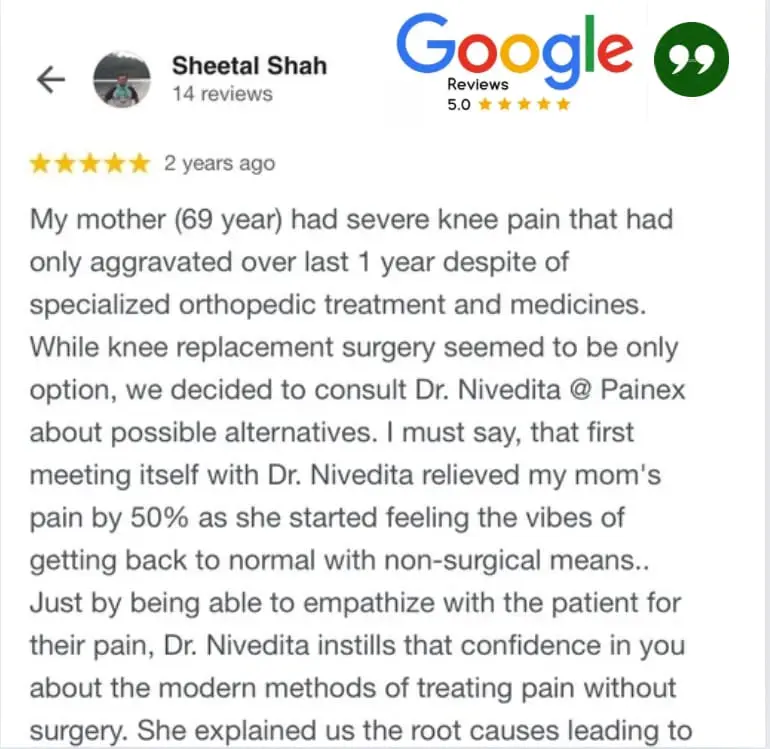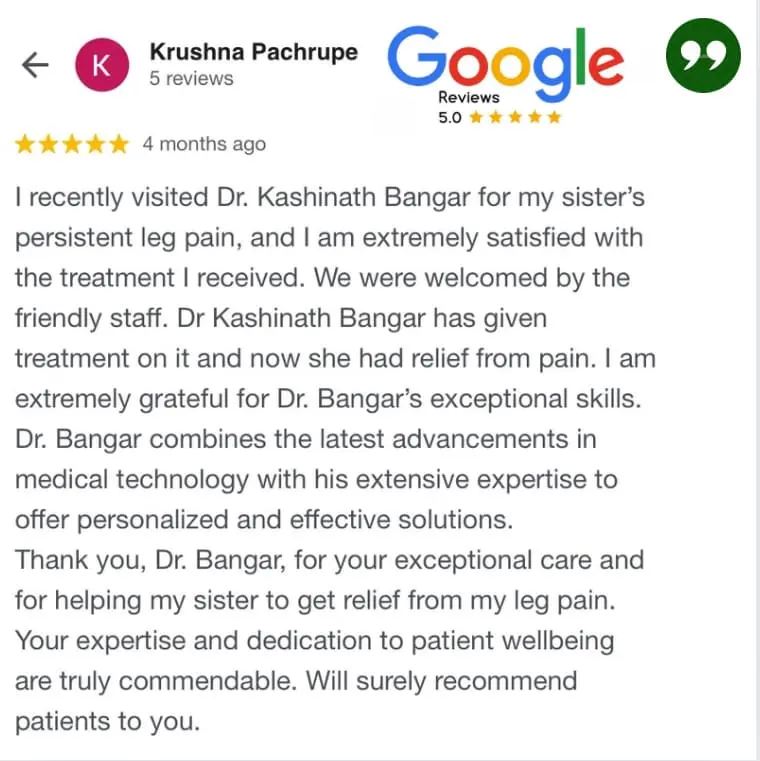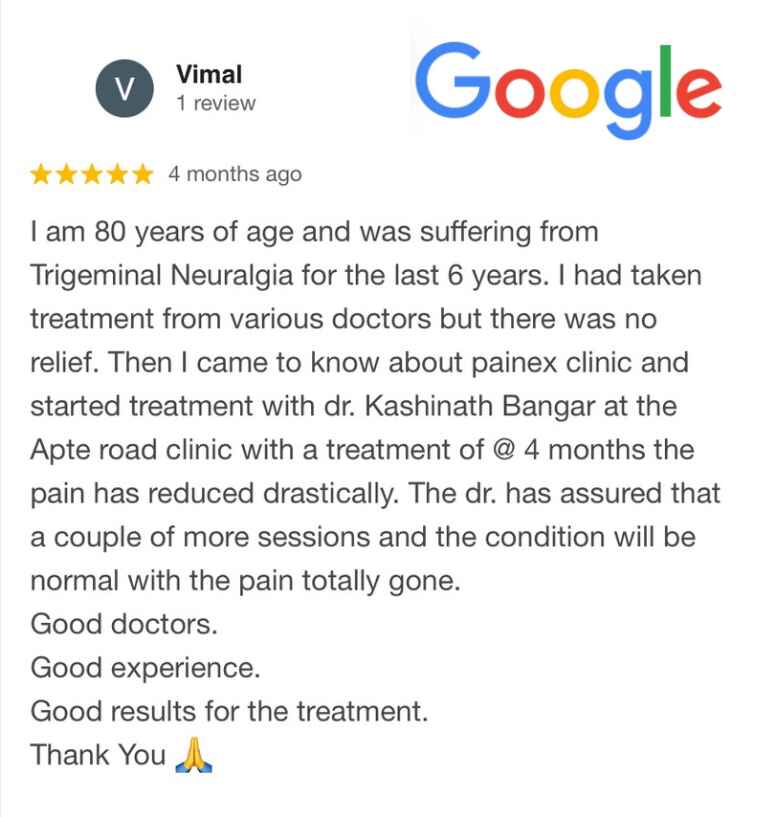
- 08390442266
- 09067753355
- Home
- About Us
- Conditions
- Back Pain Treatment In Pune
- Spine Specialists in Pune
- Slipped Disc Treatment in Pune
- Migraine & Its Treatments
- Heel Pain Treatment in Pune
- Trigeminal Neuralgia Treatment in Pune
- Nerve Pain & Its Treatment
- Sciatica Treatment In Pune
- Knee Pain Treatment in Pune
- Shoulder Pain Treatment
- Neck Pain Treatment In Pune
- Diabetic Neuropathy Treatment
- Testicular Pain Treatment
- Pelvic Pain Treatment
- Fibromyalgia Treatment
- Cancer Pain Treatment
- Carpal Tunnel Syndrome Treatment
- Interstitial Cystitis Treatment
- Postherpetic Neuralgia Treatment in Pune
- Training
- Book an Appointment
- Blog
- Clinic Locations:
Best Cancer Pain Treatment in Pune, PCMC India
Most-Advanced Pain Clinic For All Types of Cancer Pain Conditions
'The Painex Clinic' Offers wide range of treatments, from Medications to Advanced Pain Procedures
21000+ Patients Treated | 5 Pain Centres across PUNE & PCMC | 800+ Google + Practo Reviews
Cancer Pain Management Options
Cancer pain can be distressing and significantly impact a patient’s quality of life. Effective pain management is essential for improving comfort and overall well-being. Fortunately, various non-surgical treatment options are available to help manage cancer-related pain.
1. Medications:
Pain relievers such as opioids, NSAIDs, and adjuvant medications (like antidepressants and anticonvulsants) are commonly prescribed based on pain severity.
2. Nerve Blocks:
Targeted injections of anaesthetic or steroid medications near specific nerves can provide long-lasting pain relief, particularly for nerve-related cancer pain.
3. Neurolysis:
This minimally invasive procedure uses neurolytic chemical to disrupt nerve signals and reduce pain.
4. Radio-Frequency Ablation (RFA):
This minimally invasive procedure uses heat to disrupt nerve signals and reduce pain.
5. Psychological Support and Complementary Therapies:
Counseling, meditation, and acupuncture can help alleviate stress-related pain and improve overall pain tolerance.
5. Intrathecal Morphine Pump:
Delivering morphine into the spinal fluid significantly reduces the pain with minimal side effects of Morphine. This is an advance procedure done by our expert pain specialists at ‘The Painex Clinic Pune PCMC India’.
For those seeking expert pain relief, The Painex Clinic offers advanced pain treatments tailored to cancer patients. Their experienced specialists provide personalised care to improve comfort and enhance quality of life. Our treatments are complimentary to cancer treatment including Chemotherapy, Radiotherapy and Surgery.
Pain management is an integral part of cancer care, ensuring patients can focus on their treatment journey with dignity and reduced suffering.
Why Choose 'The Painex Clinic' for Chronic Neck Pain ?
* Highly-Advanced Treatments for Cancer Pain
* Allopathic Treatment with Best Pain Specialists
* 25+ Years of Experience in Pain Medicine
* Treated 21000+ Patients
* 5 Pain Centres in PUNE & PCMC
* 800+ Reviews on Google + Practo
Our Cancer Pain Specialist Doctors

Dr Nivedita Page
(MBBS, MD, FIPM, FIAPM)
Founder & Director at The Painex Pain Management Clinic
Know More

Dr Kashinath Bangar
(MBBS, DNB, FIPM, FIAPM)
Founder & Director at The Painex Pain Management Clinic
Know More

Dr Aparna Kaje
(MBBS, DNB, FIPM, FIAPM)
Director at The Painex Pain Management Clinic, Kharadi
Know More

Dr Gayatri Bangar
(MBBS, DNB, FIPM, FIAPM)
Pain Consultant at The Painex Pain Management Clinic
Know More
Book Appointment
Patient Testimonial







Media Coverage








